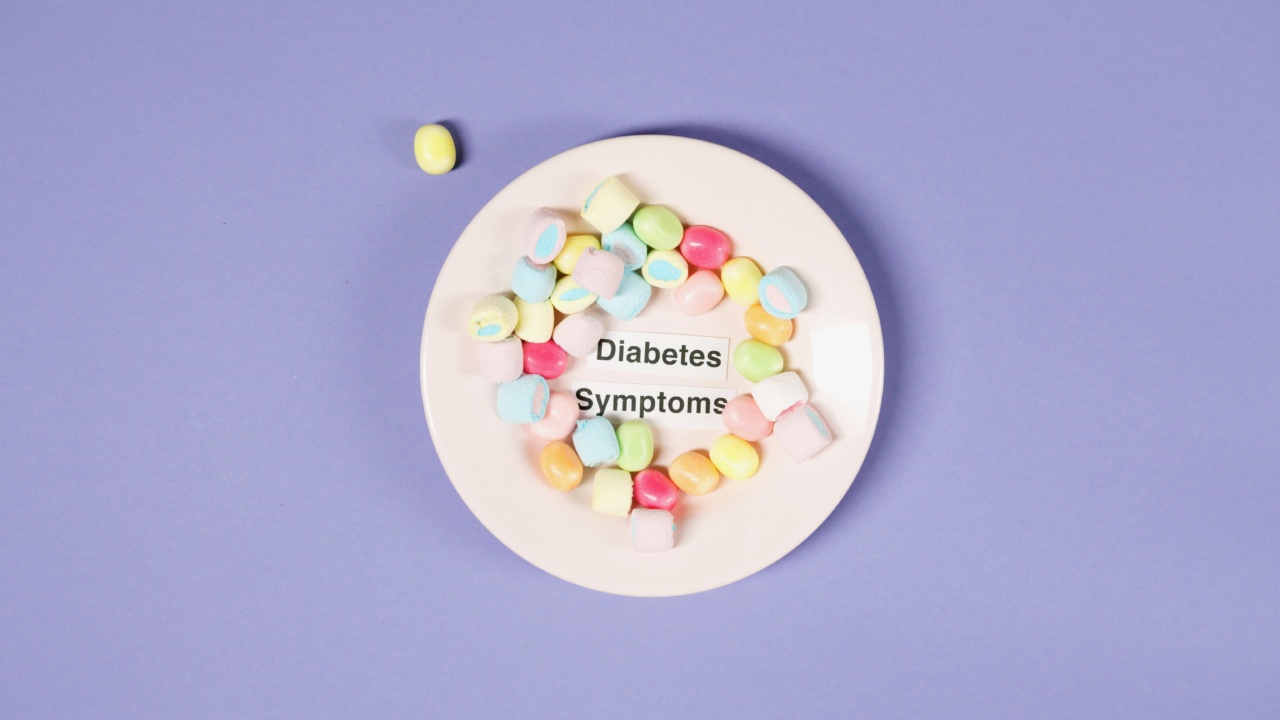Diabetes is a chronic condition that affects millions of people worldwide. It is characterized by high blood sugar levels due to the body’s inability to produce enough insulin or to use it effectively.
The prevalence of diabetes is increasing, and early diagnosis and treatment are key to preventing complications.
What are the beginning symptoms of diabetes?
Here are some of the beginning symptoms of diabetes:.
1. Frequent urination
One of the earliest and most noticeable symptoms of diabetes is frequent urination. This is because high blood sugar levels cause the kidneys to work harder to filter the excess sugar out of the blood, resulting in more urine production.
2. Excessive thirst
Along with frequent urination, excessive thirst is another common symptom of diabetes. As the body loses more fluids through increased urination, it can lead to dehydration and a feeling of constant thirst.
3. Fatigue
Chronic fatigue is another symptom that can occur in the early stages of diabetes. This happens because the cells in the body are not able to use glucose effectively for energy, leading to a feeling of tiredness and weakness.
4. Blurry vision
High blood sugar levels can also affect the eyes, leading to blurred vision or even temporary blindness. This is due to changes in the fluid levels in the eyes that can cause vision problems.
5. Increased hunger
If you are experiencing increased hunger even after eating, it could be a sign of diabetes. This is because the body is not able to use the glucose from food effectively, leading to a feeling of hunger and cravings.
6. Slow healing of wounds
Another symptom of diabetes is slow healing of wounds or infections. This happens because high blood sugar levels can damage the blood vessels and nerves, leading to reduced circulation and impaired immune function.
7. Tingling or numbness of the extremities
Diabetes can also cause tingling or numbness in the hands, legs, or feet. This is due to nerve damage that can occur when blood sugar levels are consistently high over time.
8. Unintentional weight loss
If you are experiencing unintentional weight loss despite increased hunger and food intake, it could be a sign of diabetes.
This is because the body is not able to use the glucose from food effectively, leading to a breakdown of muscle tissue and fat stores.
9. Dry mouth and skin
High blood sugar levels can cause dry mouth and skin due to dehydration. This can also lead to increased susceptibility to infections and other skin conditions.
10. Infections
If you are experiencing frequent infections, especially in the urinary tract, it could be a sign of diabetes. High blood sugar levels can cause bacterial overgrowth and inflammation, leading to infections and other health problems.
Conclusion
If you are experiencing any of these symptoms, it is important to talk to your doctor for a proper diagnosis. Early detection and treatment of diabetes can help prevent complications and improve quality of life.




























